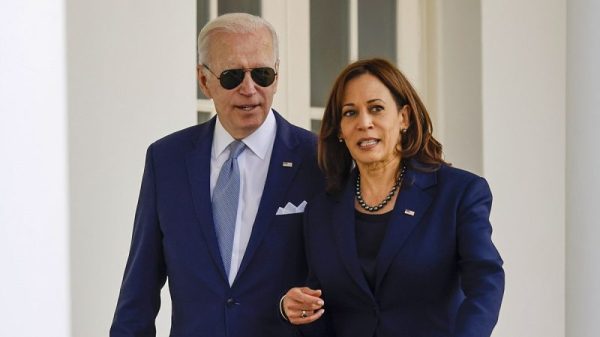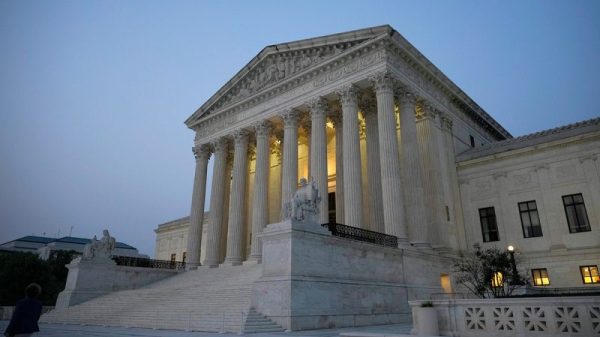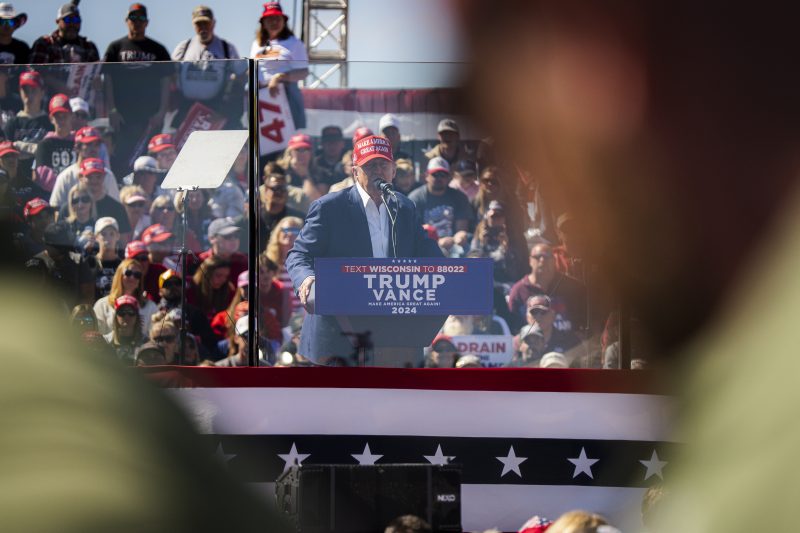The recent surge in assassination attempts and threats against the Trump campaign has created a heightened sense of urgency and concern among campaign staff and supporters. These incidents have not only raised security concerns but have also increased the burden on the overall functioning of the campaign. With less than two months left until the election, ensuring the safety of the candidate and his team has become a top priority.
One of the primary consequences of these threats and attempts is the strain they place on campaign resources. Instead of focusing on outreach, policy messages, and engaging with voters, a significant portion of time, effort, and financial resources now must be directed towards enhancing security measures. This diversion can potentially limit the campaign’s effectiveness in key areas such as advertising, staffing, and grassroots organizing.
Moreover, the continuous threat of violence can instill fear and anxiety among campaign staff and volunteers. The emotional toll of being under constant threat can negatively impact morale and productivity. Team members may be more hesitant to engage in public events or outreach efforts, leading to a decrease in campaign visibility and momentum.
In addition to the immediate challenges posed by these threats, the long-term implications for the broader political landscape are also significant. The normalization of political violence and intimidation can have a chilling effect on democracy itself. If individuals are deterred from participating in the political process due to safety concerns, the foundational principles of free speech and civic engagement are undermined.
Furthermore, the rise in hostility and aggression surrounding the campaign can exacerbate existing divisions within society. Political polarization is already at a critical point, and the escalation of violence only serves to deepen these rifts. The focus shifts from constructive dialogue and debate to a climate of fear and hostility, making it increasingly challenging to bridge ideological gaps and find common ground.
Addressing these threats and assassination attempts requires a multi-faceted approach. Enhancing security protocols, working closely with law enforcement agencies, and ensuring the safety of all individuals involved in the campaign are immediate priorities. Simultaneously, efforts to promote civility, respect for differing viewpoints, and a commitment to peaceful discourse are essential for fostering a healthier political environment.
As the Trump campaign navigates this challenging landscape, it must remain vigilant, resilient, and unwavering in its commitment to democratic values. By confronting these threats head-on and upholding the principles of freedom, justice, and equality, the campaign can send a powerful message that violence and intimidation have no place in the political arena. Only by standing united against such divisive tactics can we safeguard the integrity of our electoral process and uphold the ideals upon which our nation was founded.


































